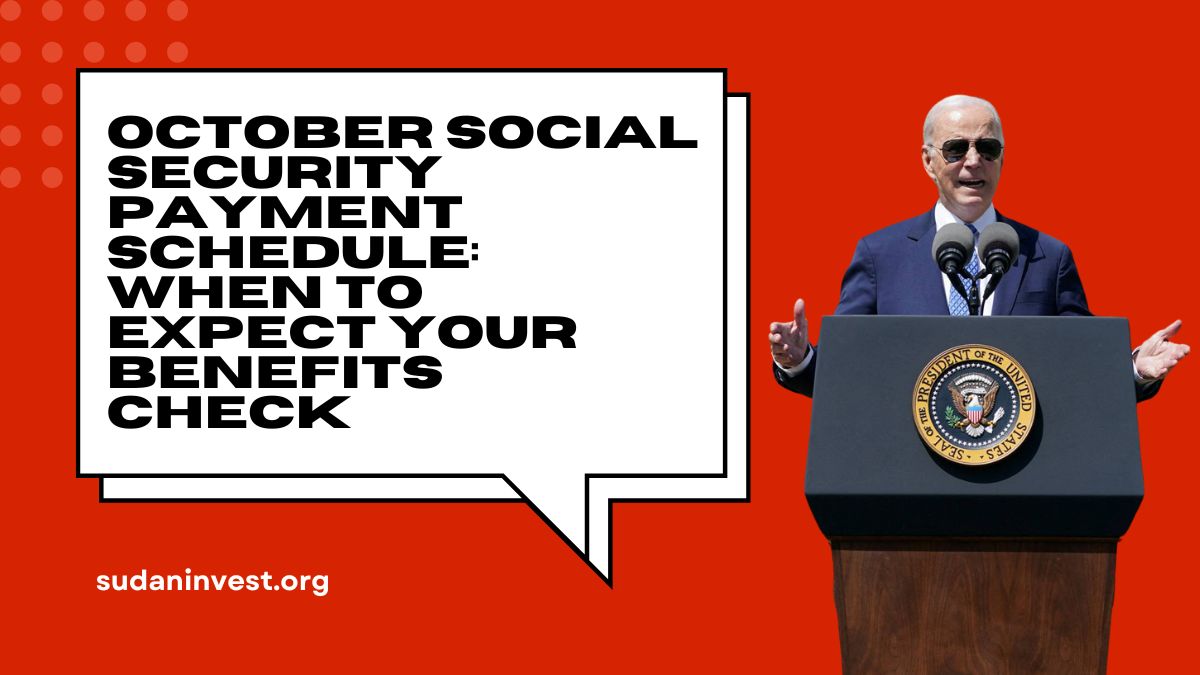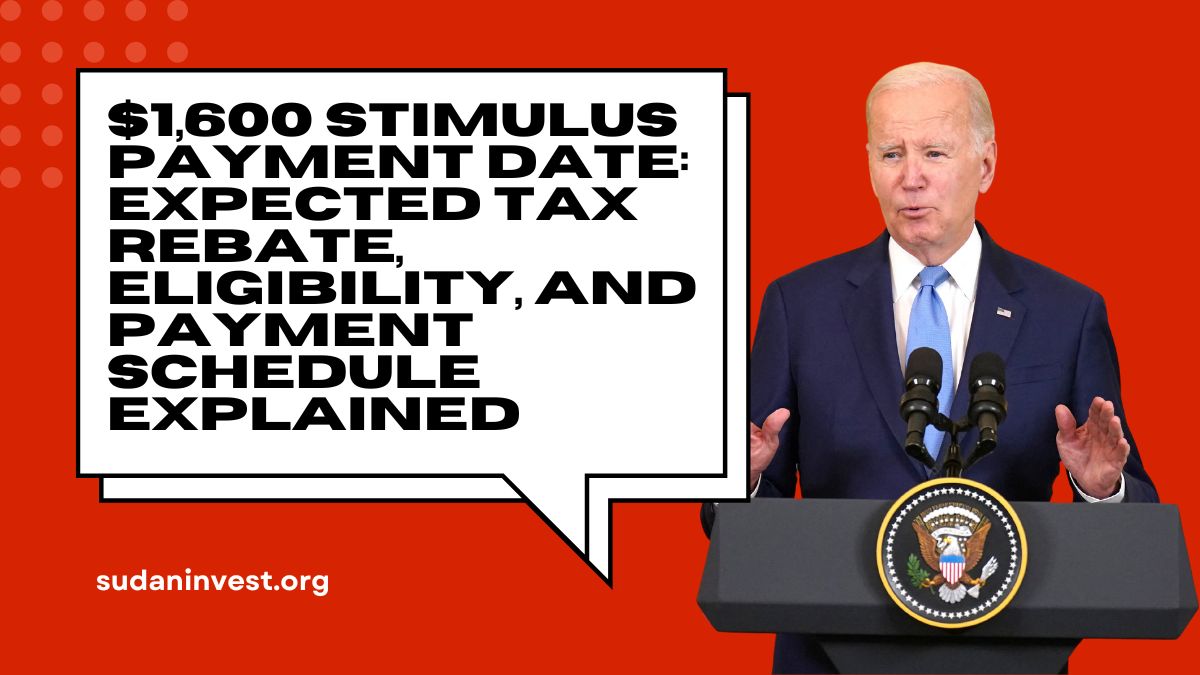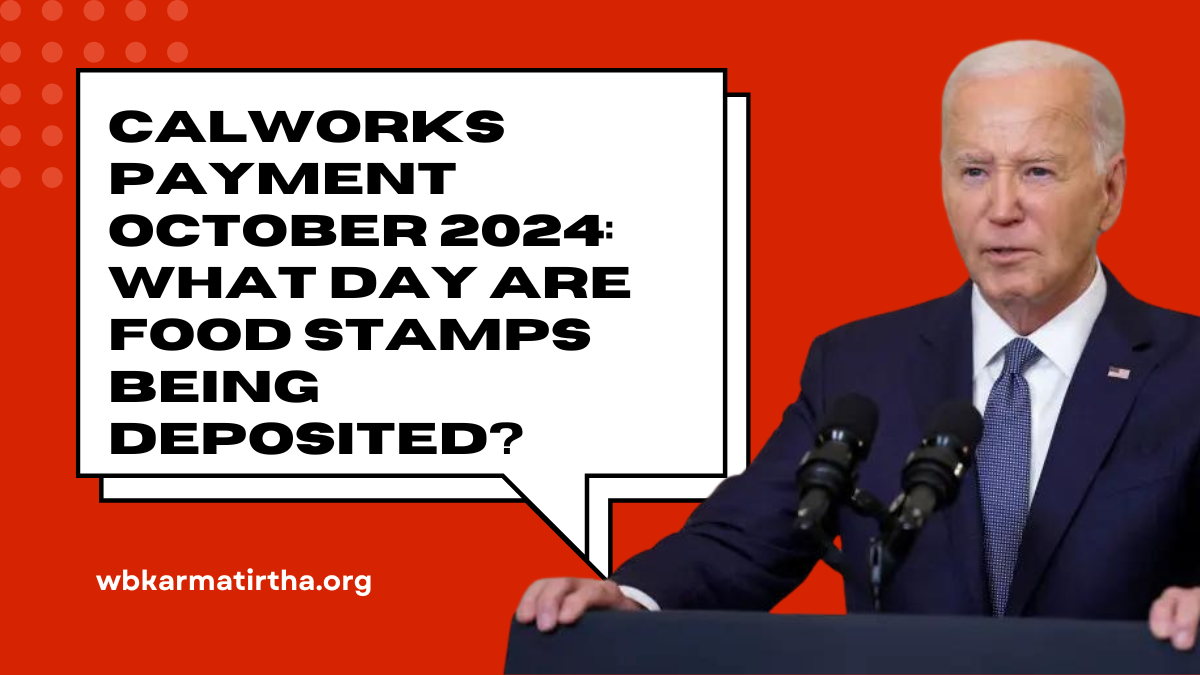Many people assume that once they reach a certain age, Social Security benefits become tax-free.
However, this is a common misconception. Age alone does not exempt you from paying taxes on Social Security benefits; instead, it is your overall income that determines whether you will owe taxes on them.
In this article, we will explore how Social Security is taxed, what factors influence whether your benefits are taxable, and provide tips on how to reduce your tax liability.
Understanding Social Security Taxes

Social Security benefits can be taxable at any age if your income exceeds a certain threshold. The IRS considers “combined income” when calculating taxes on Social Security.
Combined income is defined as your Adjusted Gross Income (AGI), plus nontaxable interest, plus 50% of your Social Security benefits.
The key thresholds for 2024 are:
- Single filers: Benefits are taxed if your combined income is more than $25,000.
- Married couples filing jointly: Benefits are taxed if your combined income exceeds $32,000.
Up to 85% of your Social Security benefits may be taxable, depending on how much income you earn from other sources, such as pensions, retirement accounts, or part-time work.
| Filing Status | Combined Income | Taxable Percentage of Benefits |
|---|---|---|
| Single | Less than $25,000 | 0% |
| Single | $25,000 – $34,000 | Up to 50% |
| Single | More than $34,000 | Up to 85% |
| Married (filing jointly) | Less than $32,000 | 0% |
| Married (filing jointly) | $32,000 – $44,000 | Up to 50% |
| Married (filing jointly) | More than $44,000 | Up to 85% |
Common Misconceptions About Social Security and Taxes
1. No Age Limit for Social Security Taxation:
Contrary to popular belief, there is no age at which Social Security benefits automatically become tax-free. Whether you’re 62, 70, or older, taxes on your benefits depend on your income, not your age.
2. Full Retirement Age Confusion:
Some people mistakenly believe that reaching full retirement age (66-67, depending on birth year) means their benefits will no longer be taxed.
However, full retirement age affects how much you can earn without reducing your benefits, but it does not impact taxation.
3. Required Minimum Distributions (RMDs):
Confusion also arises around RMDs, which you must start taking from traditional IRAs or 401(k)s at age 73 (beginning in 2024). While RMDs are required by law, they don’t provide a tax exemption for Social Security benefits.
In fact, RMDs can increase your combined income, potentially pushing you into a higher tax bracket.
How to Reduce Taxes on Social Security Benefits

While you cannot avoid Social Security taxes altogether if your income exceeds the thresholds, there are strategies to reduce your tax liability:
- Tax-efficient Withdrawals: Plan withdrawals from retirement accounts carefully. By managing withdrawals from tax-advantaged accounts like Roth IRAs (which are not taxed), you can reduce your overall taxable income.
- Qualified Charitable Distributions (QCDs): If you’re over 70½, you can make tax-free charitable donations directly from your IRA. These donations can satisfy RMDs without increasing your taxable income.
- Municipal Bonds: Interest from municipal bonds is often tax-exempt, which can keep your combined income below the threshold where Social Security benefits become taxable.
Conclusion
There is no specific age at which Social Security benefits become tax-exempt. Whether your benefits are taxed depends on your total income, not your age.
As you approach retirement, it’s essential to plan your income and withdrawals from retirement accounts carefully to minimize taxes on your Social Security benefits.
Working with a financial advisor can help you make tax-efficient decisions and keep more of your hard-earned money.
FAQs
1. Is there an age when Social Security benefits stop being taxed?
No, Social Security benefits can be taxed regardless of age if your combined income exceeds the set thresholds.
2. How much of my Social Security benefits will be taxed?
Up to 85% of your benefits could be taxed, depending on your combined income. If your income is below $25,000 (single) or $32,000 (married), your benefits are not taxed.
3. Can I reduce taxes on my Social Security benefits?
Yes, through strategies like managing retirement account withdrawals, making Qualified Charitable Distributions, and investing in tax-free municipal bonds, you can lower your taxable income.
4. What is combined income for Social Security tax purposes?
Combined income is your Adjusted Gross Income (AGI) plus nontaxable interest, plus half of your Social Security benefits. This figure determines whether your benefits are taxed.
5. Are Social Security benefits taxed at the state level?
It depends on the state. Currently, 10 states tax Social Security benefits, while most states do not.
References
- TurboTax: “At What Age is Social Security No Longer Taxed?”
- Kiplinger: “Do You Stop Paying Taxes on Social Security at a Certain Age?”
- AARP: “7 Things You Should Know About Taxes on Social Security”
- SmartAsset: “Is Social Security Income Taxable? (2024 Update)”
















